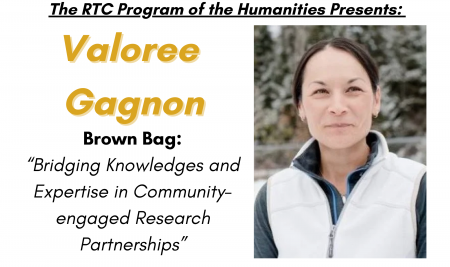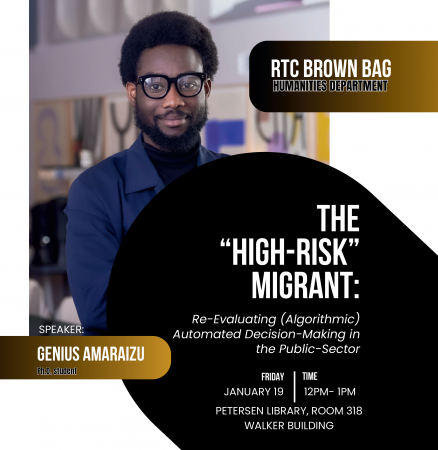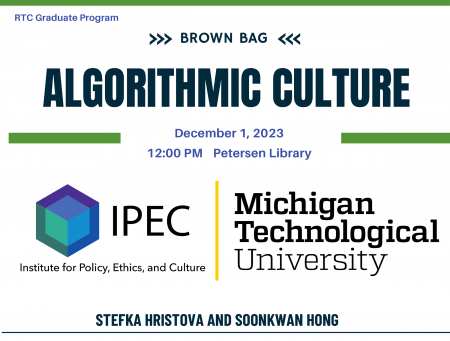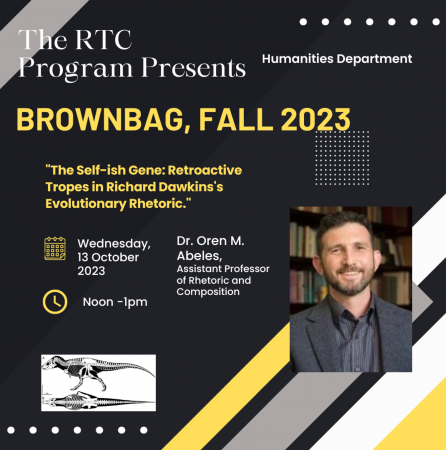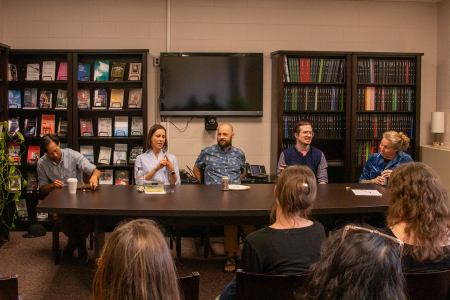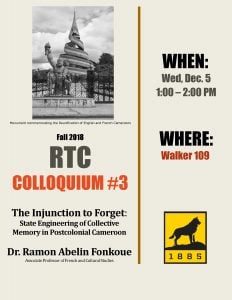What:
Abstract:
Community-engaged research requires creating and navigating the pathway to equitable, inclusive partnerships. With the realization that a diversity of stakeholders, rights holders, and research sponsors require more than can be accomplished by the solo investigator, how might one engage in this work in a good way? This talk illustrates ‘bridging’ as an adaptable/adoptable concept and practice between Western and Indigenous knowledges and expertise systems. Gagnon will share the “Seasons of Research” framework, created in partnership with the Keweenaw Bay Indian Community Lake Superior Band of Ojibwa, and concludes by proposing future directions and good relations for strengthening research partnerships as a shared priority commitment.
Who:
Presented by Affiliated Assistant Professor in the Humanities, Valoree Gagnon.
All are welcome to attend!
When:
Friday, February 2 2024
Where:
Petersen Library, Walker Arts & Humanities Center
